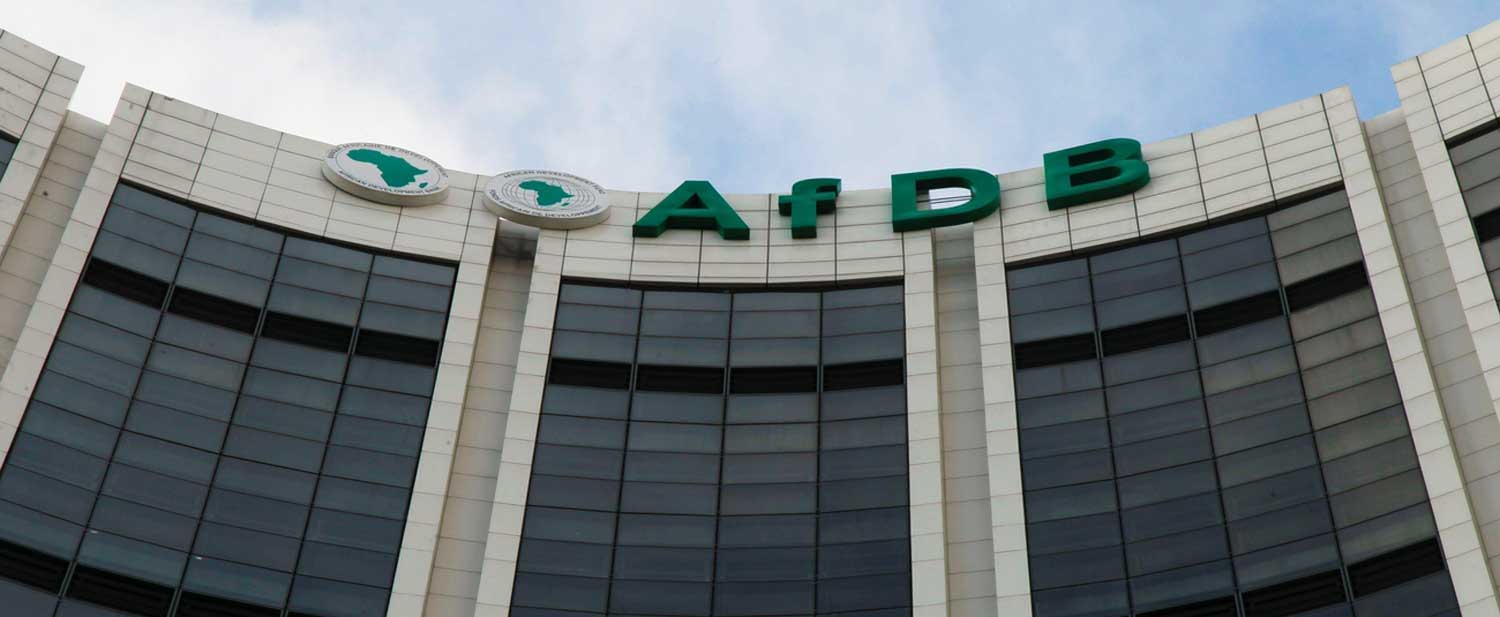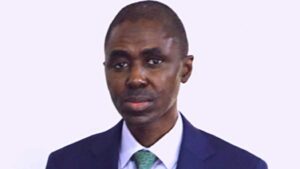
AfDB launches program to enhance debt management in Africa
By Opeyemi Abdulsalam
The African Development Bank (AfDB) has launched a series of training programs aimed at enhancing the debt management capabilities of 22 fragile or transitional African countries.
According to a statement released by the bank in Abuja on Wednesday, the Public Finance Management Academy for Africa (PFMA) organised the inaugural edition of the PFMA Spotlight on Public Debt Management in Transition States.
This initiative seeks to support these vulnerable nations in effectively managing their debt and achieving financial resilience.
PFMA, an AfDB’s African Development Institute, organised the two-day policy dialogue on sustainable debt management tailored to the needs of Africa’s 22 most vulnerable countries.
The programme will help countries build their institutional capacity to better manage debt and achieve the financial resilience needed for development.
The series brings together heads of debt management offices, treasurers and accountants general, heads of revenue authorities, and representatives of central banks.
It also brings together supreme audit institutions, anti-corruption agencies, civil society organisations, academia, the private sector, lawmakers, and other relevant stakeholders in transition states.
Ethiopia’s Minister of State for Finance and Economic Cooperation, Semereta Sewasew, said there had been positive strides in debt management on the continent.
Sewasew, however, said debt challenges and vulnerabilities persisted, especially in most transition countries on the continent.
“These countries face various political, economic, security and environmental challenges.
“I am pleased that the AfDB has designed this training programme to help develop and strengthen the capacity of these countries.
“To manage their debt more prudently, to make their debt more productive, and restore resilience, stability, and growth to their economies,” she said.
Sewasew said the Government of Ethiopia had made substantial progress in improving the country’s economy, particularly in addressing debt challenges and commended the AfDB as a steadfast partner in this process.
“Our government will continue to work with the bank and support its programmes not only for Ethiopia but for the entire continent, especially in improving debt management, transparency, and sustainability,” Sewasew said.
Meanwhile, the AfDB’s Deputy Director-General for East Africa and Director-General designate for Nigeria, Abdul Kamara, said the training was part of the implementation of the Bank’s Special Project.
According to Kamara, the theme of the project is “Strengthening the Capacity of Transition States for Effective Management and Mitigation of Debt Distress Risks.”
“The project is being implemented from April 2023 to March 2026 for 22 African transition countries under the Bank’s Transition Support Facility.
“We believe that we can do even more for our countries.
“We expect that at the end of these two days, participants will have, among other things, an understanding of best-practice solutions tailored to their particular debt management circumstances,” he said.
Similarly, the Director of the African Development Institute, Eric Ogunleye, said, “African transition countries should not be mere loan takers; they are disadvantaged.
“Hence, they need to be empowered to contract, negotiate and use loans to improve the quality of life of their citizens.”




